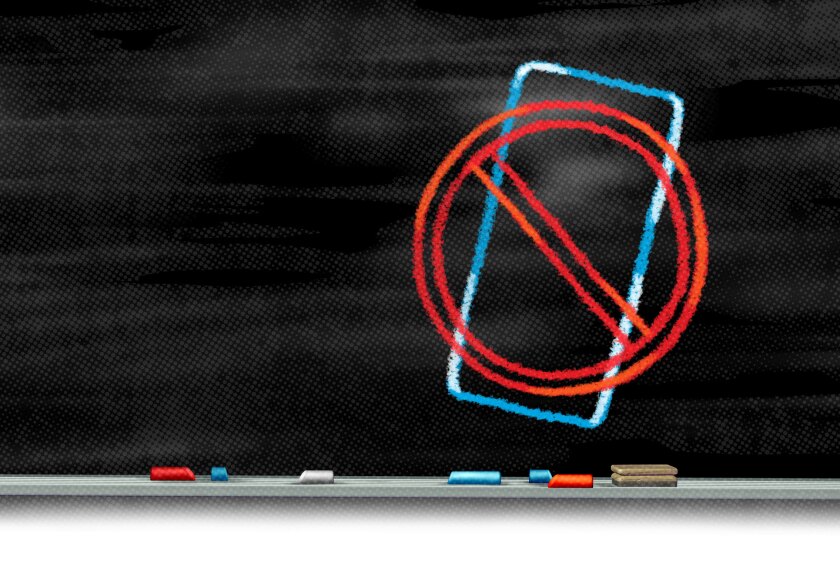The following is a sample standard in the “technology and society” category of the new national “Standards for Technological Literacy,” released by the International Technology Education Association:
Students will develop an understanding of the cultural, social, economic, and political effects of technology. Students should learn that ...
Grades K-2:
- The use of tools and machines can be helpful or harmful.
Grades 3-5:
- When using technology, results can be good or bad.
- The use of technology can have unintended consequences.
Grades 6-8:
- The use of technology affects humans in various ways, including their safety, comfort, choices, and attitudes about technology’s development and use.
- Technology, by itself, is neither good nor bad, but decisions about the use of products and systems can result in desirable or undesirable consequences.
- The development and use of technology poses ethical issues. Economic, political, and cultural issues are influenced by the development and use of technology.
Grades 9-12:
- Changes caused by the use of technology can range from gradual to rapid and from subtle to obvious.
- Making decisions about the use of technology involves weighing the trade-offs between the positive and negative effects.
- Ethical considerations are important in the development, selection, and use of technologies.
- The transfer of a technology from one society to another can cause cultural, social, economic, and political changes affecting both societies to varying degrees.







